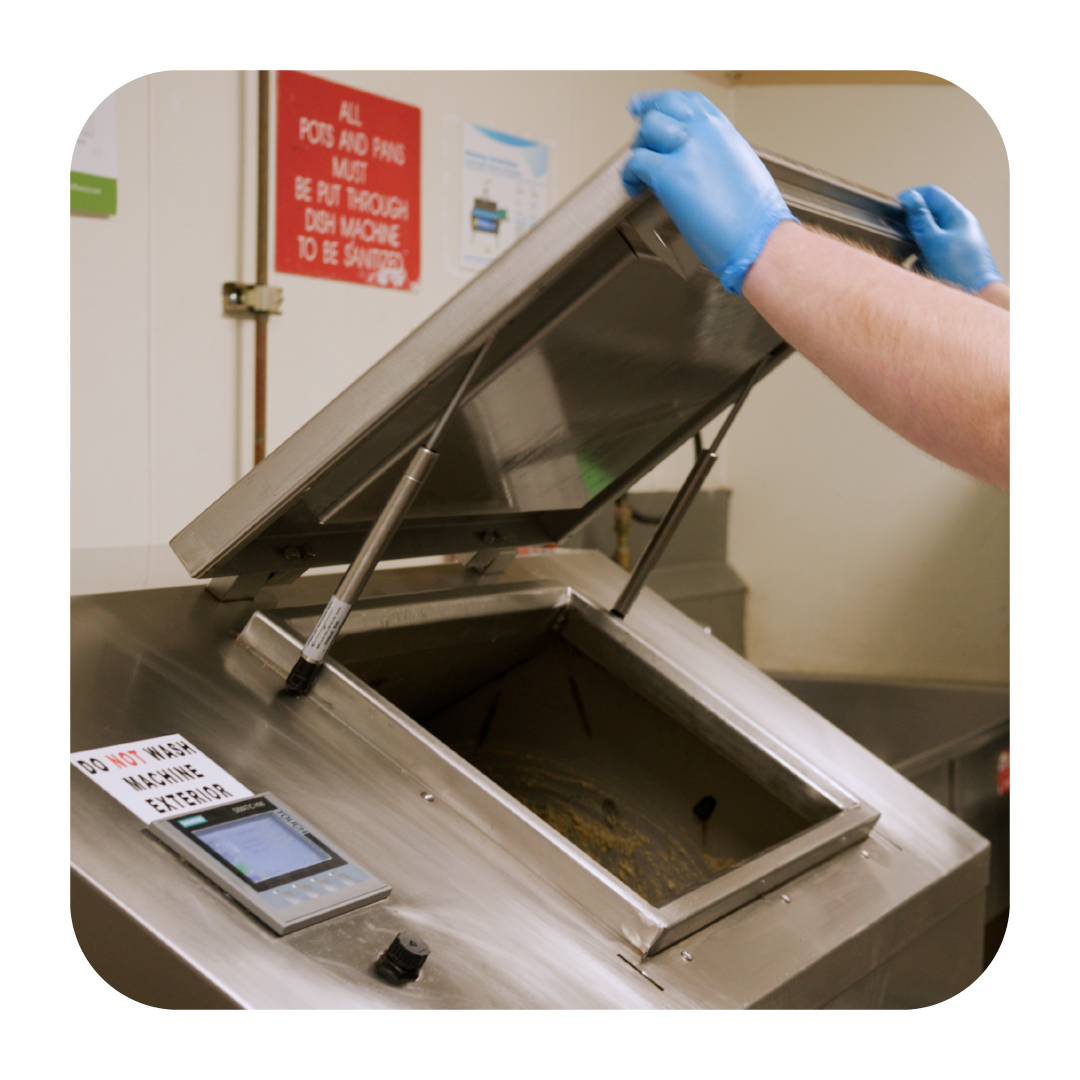(5/3/2024)
Whether it’s due to growing public expectations or the associated incentives available to healthcare systems, our healthcare teams are noticing that implementing environmentally friendly initiatives is a growing priority for leaders within this sector.

Whether it’s due to growing public expectations or the associated incentives available to healthcare systems, our healthcare teams are noticing that implementing environmentally friendly initiatives is a growing priority for leaders within this sector. At Medxcel, we work with our clients to help establish sustainable operations that can reduce pollution and encourage the responsible use of resources that support the mission of healthcare delivery and preventive care.
Implementing an Effective Waste Management Program
One of the key methods for facilities to embed sustainability into their workflows is through a waste management plan.
It’s important to note that U.S. hospitals produce more than 5 million tons of waste per year, and the U.S. healthcare system accounts for 8.5% of the country’s total greenhouse gas emissions. Of that 8.5%, more than one-third of the emissions come from hospitals. These staggering statistics help illustrate the importance of health systems prioritizing environmentally conscious initiatives to support the communities they serve.
Developing a strong waste management plan is one tool facilities can use to support sustainability efforts. Those plans can include using reusable products, marking waste collection containers so items end up in the right place, evaluating vendor relationships to make use of all recycling opportunities, and ensuring teams receive continued education and reminders on best practices and government regulations for medical waste.
Creating Impact with Food Waste Digestors
One substantial emitter of greenhouse gases that many health systems are tasked with reducing is organic waste. According to the USDA, 30-40% of the country’s food supply goes to landfills, and a significant portion of that is due to cosmetic standards, or produce that does not appear as consumers expect. On Earth Day 2021, Medxcel partnered with a client to launch its “Unusual but Usable Produce” program, which sought to reduce waste from the hospital’s cafeterias by distributing healthy food items that might have otherwise been disposed of due to an unattractive appearance. Waste can also be produced during meal preparation and from uneaten items delivered to patients or sold to guests and associates. In Medxcel partner hospitals, this can amount to 15% of the total waste sent to landfills.
In the past several years, Medxcel has installed food waste digesters in its facilities that use organic microorganisms and oxygen to digest food leftovers. Instead of going to landfills and releasing potent methane gas, the resulting gray water from the digester is discharged to local municipal wastewater treatment plants. With a relatively low cost, food waste digesters offer benefits that include decreasing scope 3 carbon emissions from the value chain, reducing waste-hauling expenses for healthcare systems, and minimizing the risk of associated injuries depending on current environmental services disposal processes. In fact, the food waste digester program was named a 2023 Sustainability Champion by the American Society of Healthcare Engineering (ASHE).
At Medxcel, we pride ourselves on seeking innovative solutions to problems our healthcare facilities face. Implementing waste reduction programs and food digesters are just some of the ways that we can help hospitals hit their sustainability goals.
If your organization is interested in learning more about prioritizing environmental sustainability but don't know where to start, contact us. As the leading facilities services provider in the U.S. exclusively serving the healthcare industry, Medxcel’s unmatched expertise ensures optimal facility management and support that enhances operational efficiency and elevates patient care.